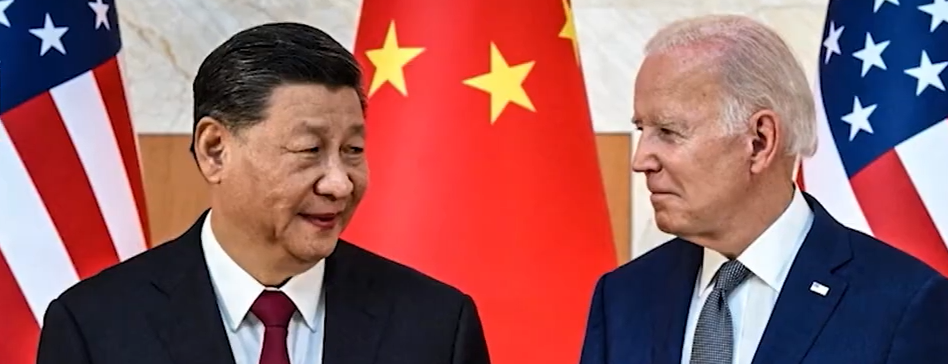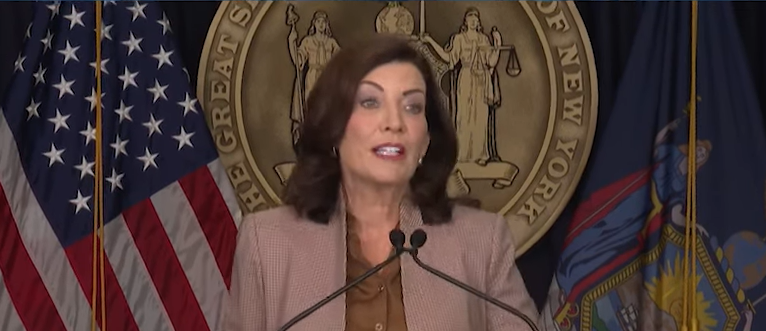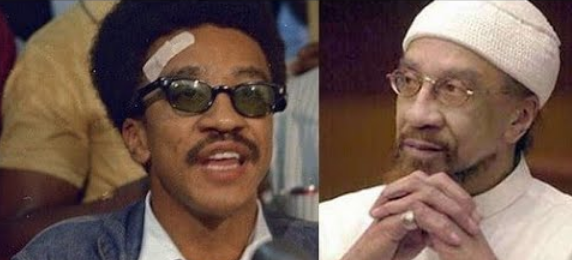Photo: Courtesy of Dave Myers For San Diego County Sheriff
Former police officer Dave Myers, who spend 35 years in law enforcement, says qualified immunity harms good police officers.
As a matter of fundamental fairness, people who have been victimized and abused deserve to have their day in civil court. But because of the doctrine of qualified immunity, government workers, including law enforcement, are largely shielded from civil liability.
As a 35-year veteran of a major law enforcement agency, I’ve seen enough cases of police misconduct to know that ending or modifying qualified immunity will increase government accountability, encourage better official conduct and give victims of police abuse their day in civil court.
The doctrine of qualified immunity establishes that, unless victims of government abuse can show that their rights were “clearly established,” their abusers cannot be sued in civil court and held accountable for their actions. The courts have progressively interpreted the “clearly established” legal standard in a way that requires victims of police abuse to identify an earlier decision by the Supreme Court or a federal appeals court in the same jurisdiction, holding that the same conduct under the same circumstances is illegal or unconstitutional.
If this requirement is not met, the police officer is immune. It doesn’t matter whether the officer’s actions are unconstitutional, unreasonable, intentional or malicious. Read more.







